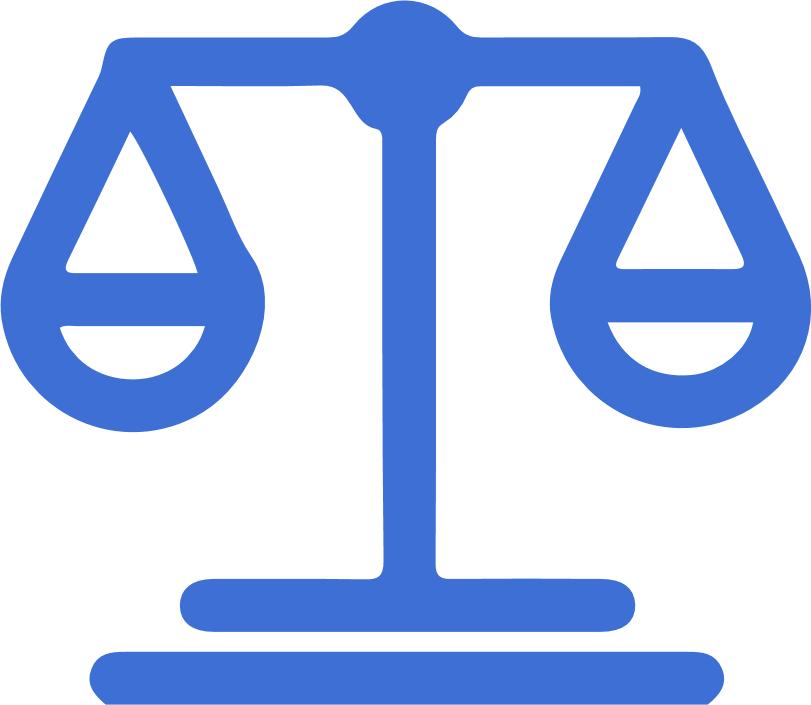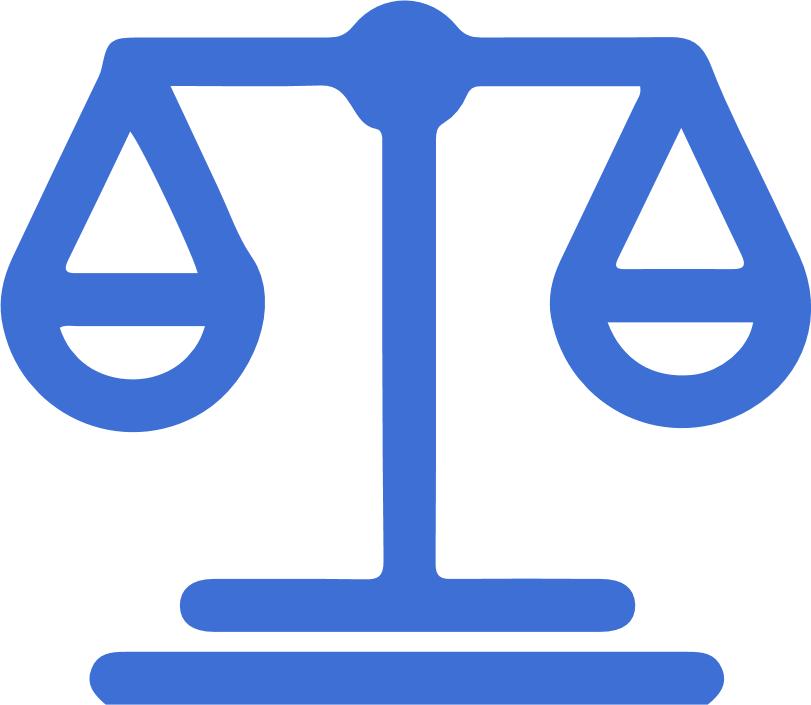3 15 Pufa | Online shopping encounters false delivery from merchants. How should consumers protect their rights?

In order to further enhance consumers’ awareness of rights protection, help boost consumer confidence and create a fairer and more just consumption environment, Hengqin Court launched the theme column of [3.15 Popularization of Laws] case sharing, focusing on the issues that consumers are most concerned about at present, and promoting consumers to better protect their legitimate rights and interests through typical cases.

Online shopping goods have been collected
No follow-up logistics news
Xu bought a sweater on an online shopping platform. The next day, he received the logistics information showing that the product had been collected, but there was no logistics status update for the next month. When Xu did not receive the goods, he contacted the merchants many times, and the merchants all dealt with them negatively. Finally, he perfunctory Xu on the grounds that the goods were lost by the courier. To this end, after looking up the relevant regulations of the online shopping platform, Xu believed that the behavior of the merchant constituted a malicious deception of consumers, and appealed to the court to ask the merchant to refund the payment and compensate for the losses.


Constitute a false delivery
Apply punitive damages
After the trial, the court found that Xu bought sweaters from merchants through the online shopping platform and paid for them, and the two sides formed a de facto information network sales contract relationship. If the merchant fails to deliver the sweater to Xu in time and the logistics information shows that the goods have been returned, it shall be deemed that the contract between the two parties has been terminated and the merchant shall refund the payment to Xu. There is no updated record of logistics information in Xu’s order within one month after it is collected, and the merchant has not provided evidence to prove the existence of exemption. Therefore, the behavior of the merchant constitutes a false delivery and should be liable for punitive damages. Finally, the court ruled that the merchant should refund Xu’s payment and compensate 500 yuan.

The judge reminded
False delivery means that the logistics information corresponding to the commodity logistics number uploaded by the merchant to the background has obvious abnormal situations such as slow logistics trajectory, for example, there is no logistics update record within 24 hours after the order displays the information such as "Received/Packaged" according to the delivery standard, or the goods actually delivered by the merchant are not related to the goods purchased by the consumer, and the package is empty.
If consumers encounter false delivery, it is recommended to communicate with the merchants for a refund first, and save key evidence such as screenshots of chat records and order payment logistics information to facilitate subsequent rights protection. If the communication fails, you can complain to the market supervision department, the Consumers Association, the 12315 platform and other relevant departments or bring a civil lawsuit to the court.

Law link
Civil Code of People’s Republic of China (PRC)
Article 577 If a party fails to perform its contractual obligations or fails to perform the contractual obligations in conformity with the contract, it shall be liable for breach of contract, such as continuing to perform, taking remedial measures or compensating for losses.
Article 55, paragraph 1, of the Law of People’s Republic of China (PRC) on the Protection of Consumer Rights and Interests [Punitive damages], where an operator commits fraud in providing goods or services, it shall increase the compensation for the losses it has suffered according to the requirements of consumers, and the amount of the increase in compensation shall be three times the price of the goods purchased by consumers or the cost of receiving services; If the amount of additional compensation is less than 500 yuan, it is 500 yuan. Where there are other provisions in the law, such provisions shall prevail.
Original title: "3 15 Pufa | Online shopping encounters false delivery from merchants, how should consumers protect their rights? 》
Read the original text